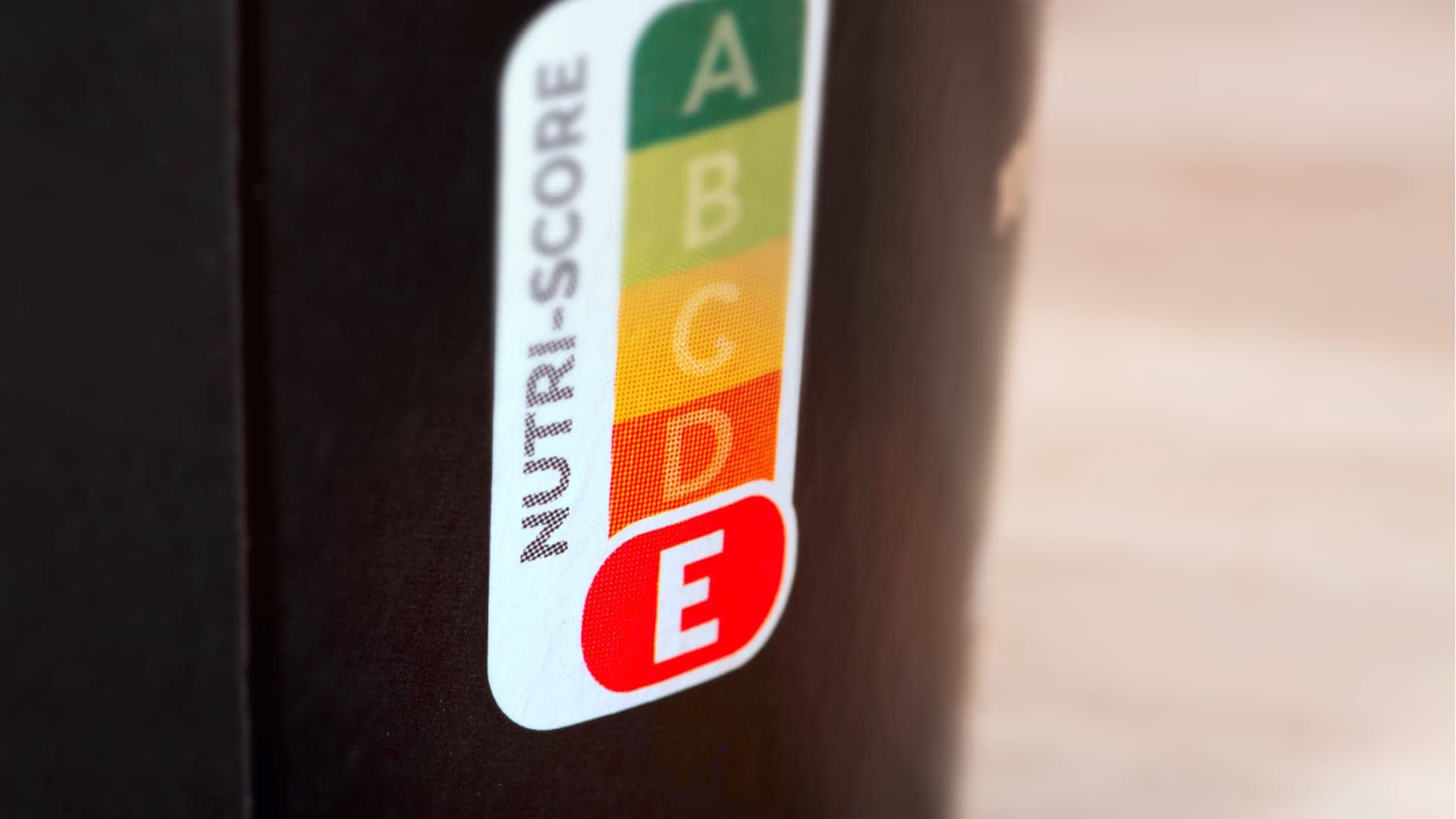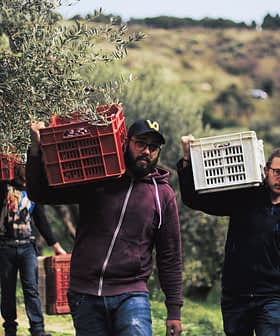Italy Plans to Fund Mobile App to Counter Nutri-Score

Italy’s government plans to allocate funds for a mobile app to counter Nutri-Score and promote traditional Italian food products with the Made in Italy certification. The decision comes after Italian officials criticized Nutri-Score for favoring processed foods over traditional ones and expressed concerns about its impact on the market and consumers.
Italy’s recently-appointed minister of business has said the government would earmark funds in its proposed budget to create a mobile application to counter Nutri-Score.
The app aims to promote and defend traditional food products with the Made in Italy certification, which Italian agriculture unions, politicians and food business lobbyists argue is under attack from Nutri-Score, a front-of-pack-food labeling (FOPL) system.
The ministry is expected to set aside €100 million from the 2023 budget to promote traditional Italian food production, with 10 to 15 percent of the funds dedicated to the new mobile app. The budget would have to be renewed again for 2024.
See Also:After Algorithm Update, French Cheese Producers Renew Criticism of Nutri-ScoreThe decision comes months after Italy’s market watchdog declined to approve a privately-developed mobile app until the creators lowered the influence of Nutri-Score on its food rating.
Nutri-Score is a traffic-light-style FOPL that uses a combination of five coordinated colors and letters to rate how healthy a packaged food item is based on its fat, sugar, salt and calorie content per 100-gram or milliliter serving.
The “Green A” indicates the healthiest option, and “Red E” denotes the least healthy. All grades of olive oil are rated as “light-green B” after the latest update to the algorithm.
While the Nutri-Score labeling system remains among the potential candidates for a European Union-wide food rating platform, officials in Brussels recently suggested that it is unlikely that any existing FOPL would be adopted as an E.U. standard.
However, this announcement has not stopped the Italian pressure campaign to eliminate Nutri-Score from contention.

At the November 21st E.U. Agrifish Council, which routinely brings together the ministers of agriculture of all 27 member states, Italy’s Francesco Lollobrigida attacked Nutri-Score again.
While speaking to his peers, he said his country’s priority is to “preserve a food system which has grown through time” and branded Nutri-Score “a tool which is misleading with respect to the goals it sets.”
Previously, Lollobrigida lambasted Nutri-Score at a wine production event in Italy for giving higher ratings to processed food products than traditionally-produced ones.
“The traffic light model desired by the E.U. seems more a means to orient or, rather, disorient the market and consumption, favoring some sectors against others, discriminating those of quality and, for example, the Italian ones,” he said.
Most members of the new government support his position. While speaking at an event for Italian food producers earlier this month, the Italian minister of foreign affairs, Antonio Tajani, described Nutri-Score as a “colossal mistake that is part of an attack on Mediterranean cuisine. It’s harmful to the health of citizens and consumers.”
“We act at a European level; the government does so with great determination to defend the quality of our products against the incomprehensible choice of wanting to put those labels on products on sale,” he added.
At the same event, the Italian health minister, Orazio Schillaci, said that “front-of-pack labeling systems such as Nutri-Score or traffic light systems represent a simplification characterized by the absence of education toward healthy eating habits.”
Over the last few years, since its debut in France and the following adoption in other European countries, Nutri-Score has been backed by thousands of nutritionists and health experts across Europe.
Several studies have indicated the possible benefits for consumer health that would come from its introduction.
A final decision from the Italian government on the financing of the new anti-Nutri-Score app should come before the end of the year.









